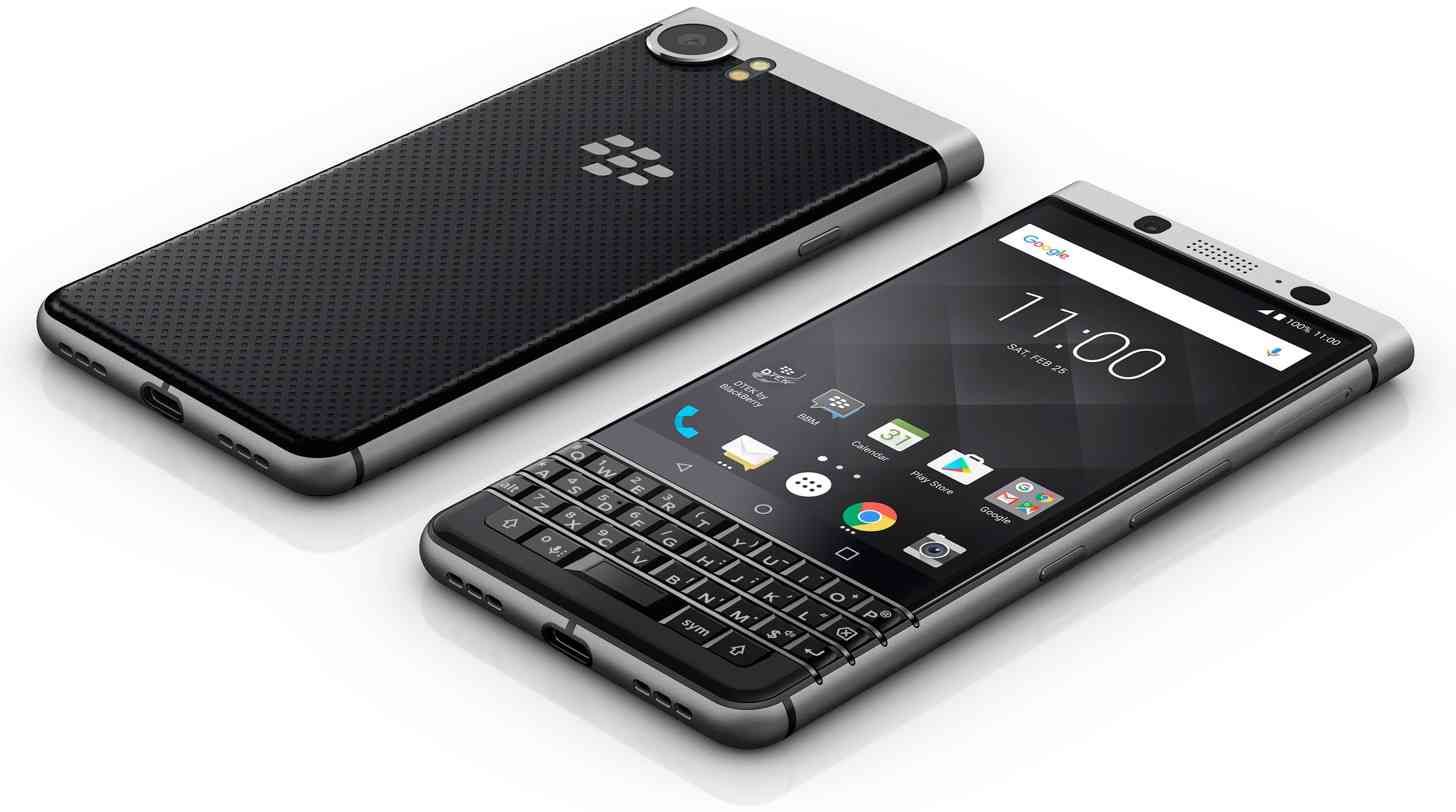
As the years go by, my need for having “the latest and greatest” smartphone dwindles. At first I thought it was simply a matter of getting older and being more financially responsible, but I also think it has a lot to do with being satisfied with where smartphones are right now. I had a habit of upgrading my phone at least twice a year; very rarely did I keep one past the one year mark. However, I have officially used the Galaxy S7 (and S7 Edge, but they’re basically the same device) for a year now, and though I don’t feel I have a true need to upgrade considering how well it has held up, I’m finding myself tempted by tomorrow’s release of the BlackBerry KEYone.
Initially, I waved it off as feeling nostalgic. I’ve had my experiences bouncing back to BlackBerry devices like the Q10 and the Classic after owning iPhones and Android devices, and neither lasted long. But was it the physical keyboard and the smaller screen that put me off from the device, or the fact that, like Windows Phone, BlackBerry 10’s (and later Amazon’s) app offerings simply didn’t cut it for me?
I’m inclined to think it’s the latter, because despite a slower typing speed on physical keyboard, I still prefer the tactile feedback of a physical keyboard to the haptic feedback (if there is one – looking at you, Apple) of a virtual one. The KEYone’s classic BlackBerry candybar style combined with the Android operating system appears to be the best of both worlds, giving many the hope that perhaps it is sometimes possible to have your cake and eat it, too.
That isn’t to discredit the BlackBerry Priv, which came first and was similar in nature. But despite the Priv’s slide-out physical keyboard, which gave it a touch of BlackBerry, it wasn’t the Android BlackBerry device that fans had been hoping for. The KEYone, on the other hand, is.
Looking over the specs again, the device really does seem to have made compromises in all the right places. It’s obvious that it heavily borrows from traditional BlackBerry design, but the other aspects of the KEYone seem equally as great. It uses the battery-efficient Snapdragon 625 processor, as well as a large 3505 mAh battery; it’s probably the first BlackBerry device to have a truly competitive rear-facing camera; 3GB of RAM give it decent multitasking power; 32GB of internal memory with microSD card slot are adequate for long-term storage needs; and finally, the device has a build that actually looks like it was designed for both comfort and beauty, with rounded edges at the bottom and sharp edges at the top, as well as a carbon fiber back panel to give it some grip.
The KEYone isn’t the most powerful device, but it doesn’t need to be. The device isn’t optimally designed for landscape anything, so those who are big into mobile gaming or media streaming probably won’t be much tempted by this device. But for those who do a lot of typing, web browsing, and really just interested in doing little more beyond the basics with long battery life, a physical keyboard, a good camera, sufficient storage, and access to Android’s expansive app ecosystem, this would be a good device to look into.
Some may consider the KEYone’s price a drawback. It might be a tough sell at $549 when you consider how many cheap-yet-adequate Android devices it’s competing with, but the price seems appropriate to me. The physical keyboard is a unique angle for modernn smartphones, the build premium, its specs are appealing, and it’s still marginally cheaper than flagship smartphones. I wouldn’t be surprised if, like many other smartphones, carriers had promotions for the KEYone as well, at least in the states. Or maybe it’s just wishful thinking.
Along with getting older, I find that I use my phone less for frivolous things. I mostly use it to check for notifications and updates, get some work done, and organization. Occasionally I get the itch to play some games or binge watch and entire season of something on Netflix, but I tend to gravitate towards other gadgets, like a computer or TV, for those activities anyway. The BlackBerry KEYone seems to be a great phone that both appeals to nostalgia and features the proper tools to appeal to a modern smartphone crowd, and with the device having already broken records at one carrier, perhaps this will be the BlackBerry brand’s key back into consumer’s hearts.
Readers, what are your thoughts on the eve of the KEYone’s release? Do you intend to pick one up for yourself, or are you too far past physical keyboards to even consider such a design anymore?